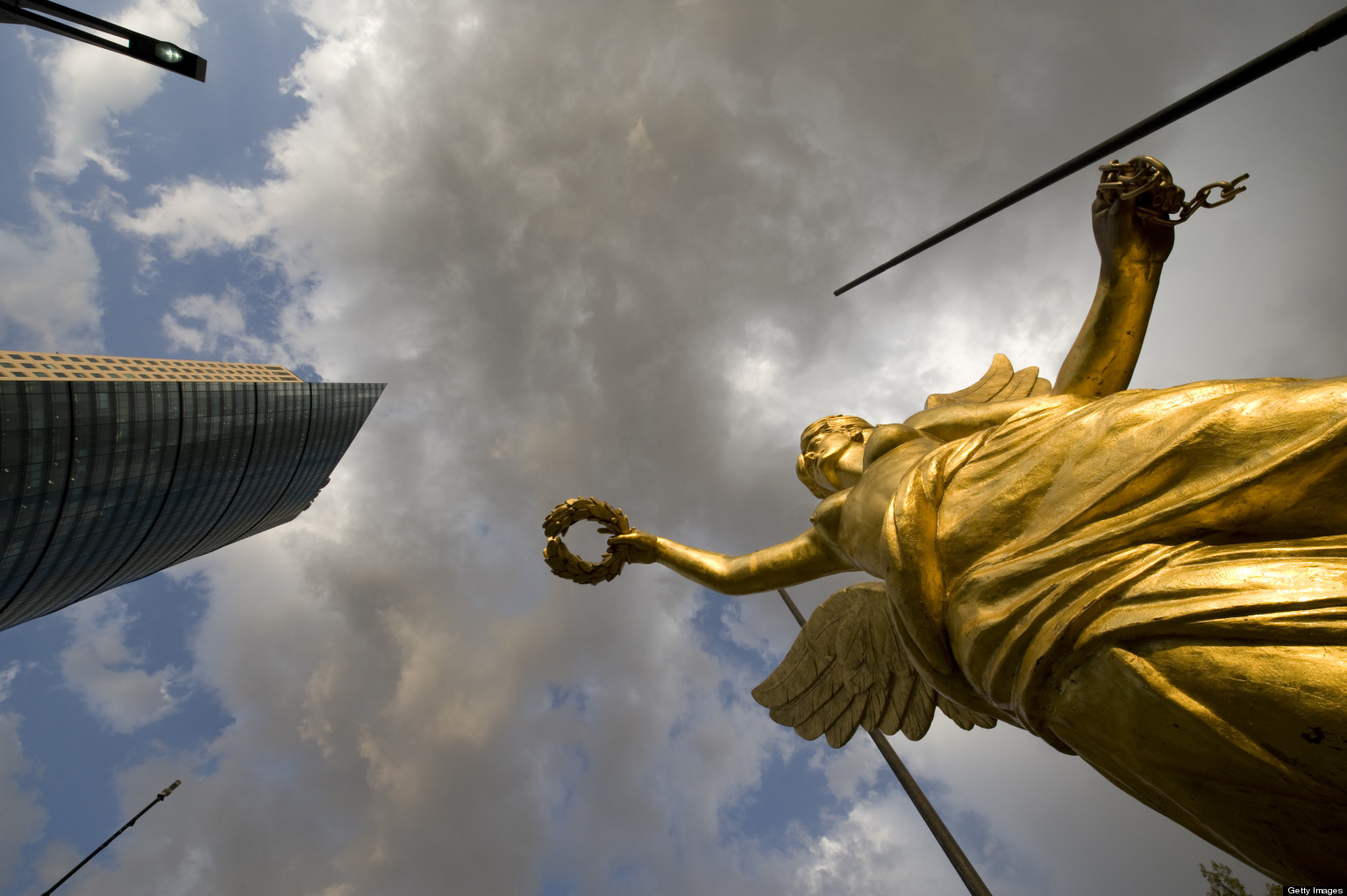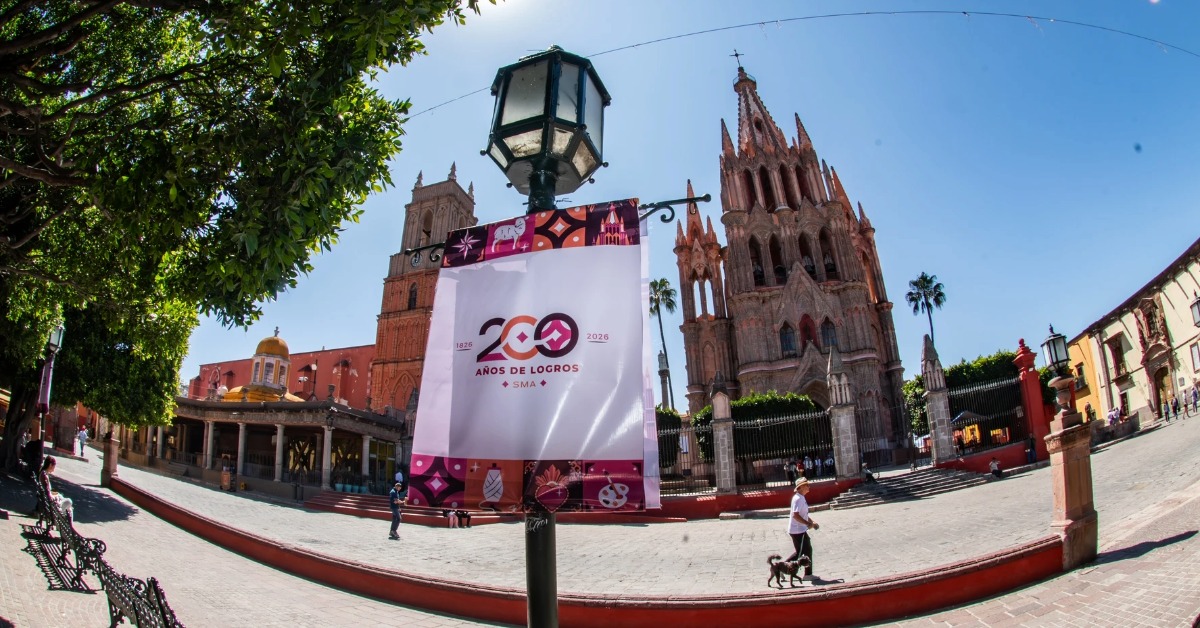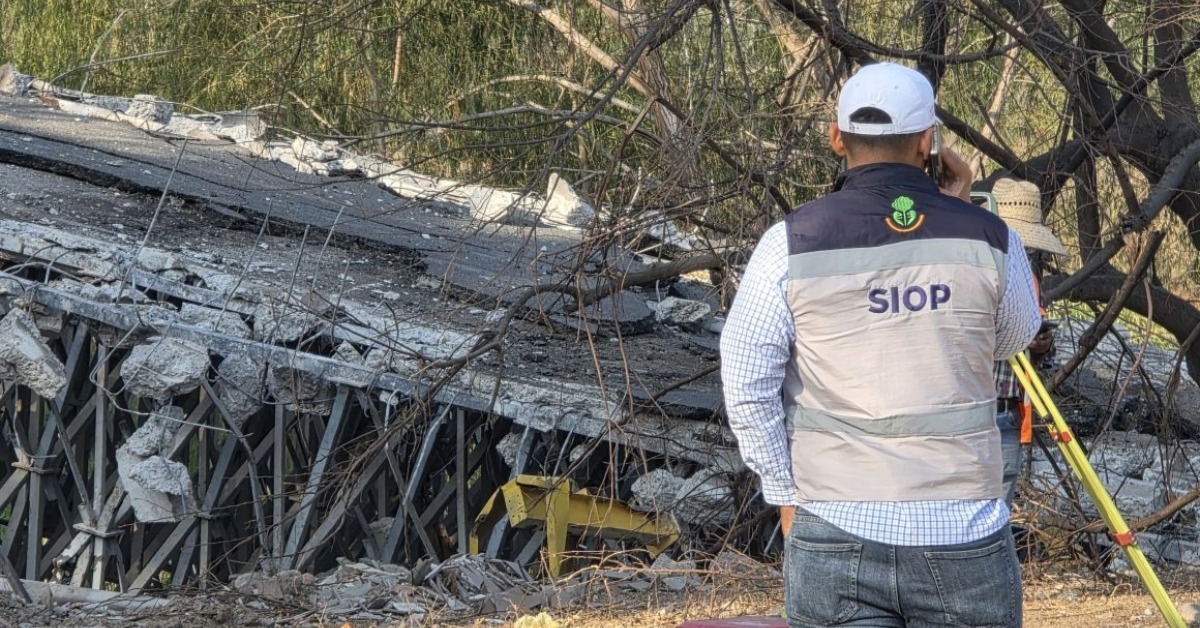Mexico has in recent years become a transformed nation with a burgeoning middle class, and little poverty according to world standards, says the Dallas Morning News.
It is no less than what could be called "a new Mexican miracle," which developed slowly and almost imperceptibly in recent years, said Richard Parker, a columnist for the publication.
He underlines that chronic unemployment has fallen back to 3.2 percent, "in a nation that once produced more babies than jobs every year" and while underemployment remains a stubborn thorn, the revenues have increased.
The average Mexican household earns about $13,000 dollars . . .






